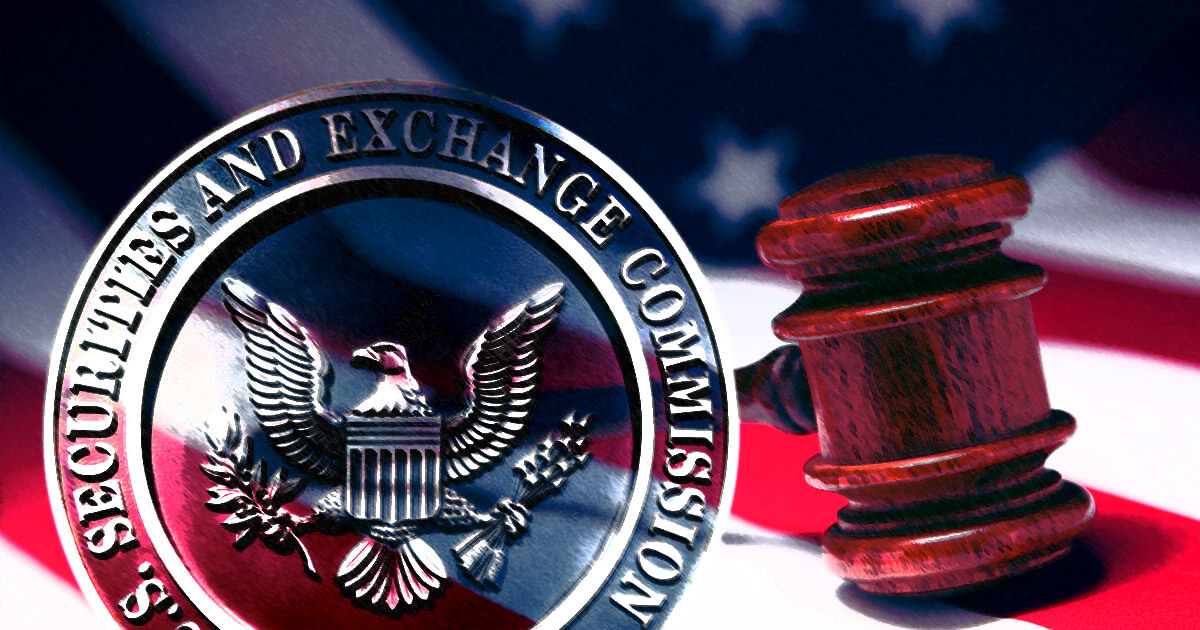On February 21, Paxos halted the issuance of new BUSD tokens after it was given a Wells Notice, a document the SEC provides to entities under investigation.
The SEC can issue a Wells Notice to outline the substance of the charges that the regulator plans to bring. In addition, it allows the respondent to submit a written statement to the ultimate decision-maker. Although there is no legal requirement for a regulator to issue a Wells Notice, it is a common practice of the SEC.
History of the Wells Notice
In 1972, SEC Chairman William J. Casey established a committee (led by John Wells and commonly known as the “Wells Committee”) to review and assess the Commission’s enforcement policies and practices.
The Wells Notice was created as a result of the committee’s recommendations. Although there is no rule or regulation mandating that a prospective defendant be allowed to address the decision maker before the filing of an action, the Wells Notice provides a chance for the respondent to do so.
Paxos Wells Notice
In February, Paxos revealed that the Securities and Exchange Commission (SEC) had issued a Wells Notice earlier in the month. The notice alleged that BUSD, Paxos’ stablecoin, was an unregistered security. This Wells Notice is a significant development. It indicates that the SEC has either initiated or completed an investigation into BUSD, and enforcement action may be the next course of action.
In their disagreement with the decision, PAXOS wrote:
“Paxos categorically disagrees with the SEC staff because BUSD is not a security under the federal securities laws. This SEC Wells Notice pertains only to BUSD. To be clear, there are unequivocally no other allegations against Paxos.”
Paxos clarified in their statement that the Wells Notice has no impact on Pax Dollar (USDP-USD). However, it is noteworthy that USDP and BUSD are essentially the same: dollar-collateralized stablecoins managed and minted by Paxos. The only significant difference between the two is that BUSD relies on the Binance Smart Chain for most of its utility, while USDP is not affiliated with any specific blockchain.
It is possible that the SEC will issue multiple Wells Notices, either because they have identified a problem with Binance specifically or because they need to be more consistent in their actions, as alleged by Grayscale. However, it is also possible that the SEC has a specific issue with Binance, given that BUSD is primarily used on the Binance Smart Chain.
As stablecoins become increasingly prevalent in the world of cryptocurrency, the recent Wells Notice sent to Paxos by the Securities and Exchange Commission (SEC) should be a cause for concern. While it is not yet clear if this action is related to stablecoins in general or just specific to Binance, which uses BUSD heavily, it raises the question of whether other fiat-backed stablecoins could be considered unregistered securities — making clear the potential for these, other Wells Notices’, to trickle out.
Credit: Source link





























